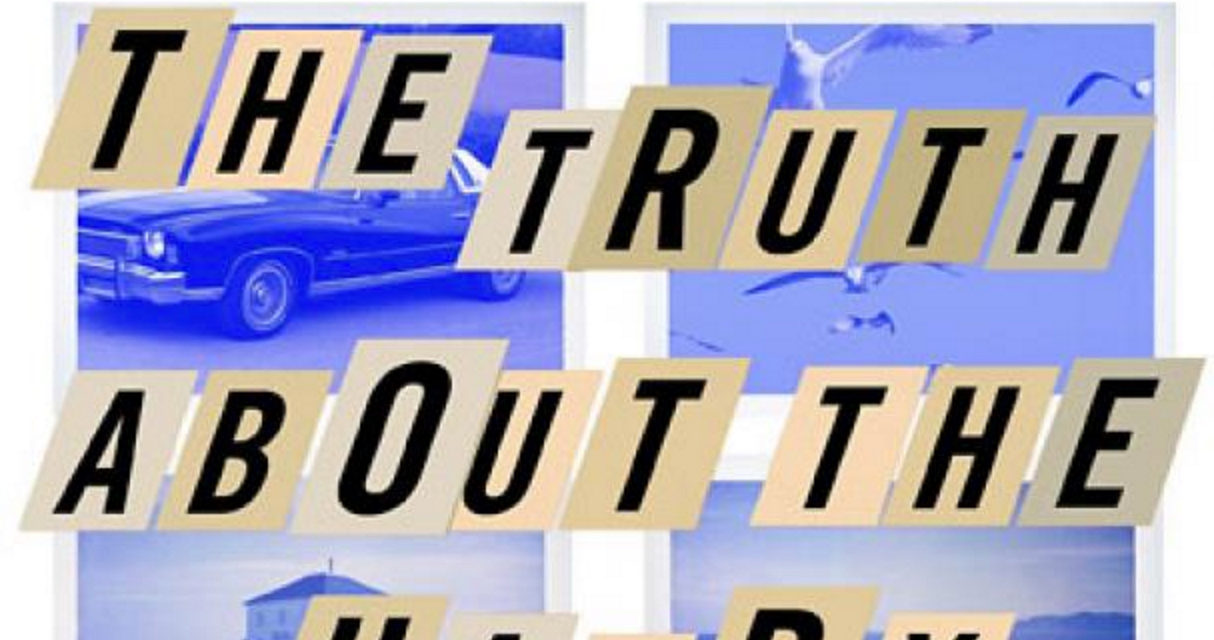My first review following the launch of Books on Opinionista is on The Truth About The Harry Quebert Affair by Swiss author Joel Dicker.
According to Wikipedia,
The original French version, La Vérité sur l’Affaire Harry Quebert, has sold more than one million copies, knocking Fifty Shades of Grey off the top of the bestseller lists in French-speaking countries. Rights have been bought for translations into 32 languages. Including the translations, La Vérité…has sold more than two million copies.
In late October 2012, the book won the 2012 Grand Prix du roman de l’Académie française. It was also shortlisted for the Prix Goncourt and the Prix Femina [Wikipedia]
My motivation for reading the book, besides my French friends raving about it for months and besides the fact that it won the Grand Prix award, was that I’ll read any book that knocks Fifty Shades of Grey off anything (especially a bestseller list), since I refuse to read it. But, with all this hoopla, needless to say, I was expecting a “tour de force,” an intellectual thriller the likes the world has never read. It wasn’t really that.
The book has two things going for it. The plot is interesting and delivered at a fast page-turning pace. Frankly, I couldn’t put it down. But, the writing needs some work. It is highly uneven peppered with sentences that sometimes seemed to have been written by a 12-year old and placed in the mouths of cliched characters.
Speaking of cliched characters, there are a few too many of those in the book for my liking. However, none more pitifully cartoonish than Marcus Goldman’s Jewish mother. Even at her most neurotic no Jewish mother, in real life, is like her. I wouldn’t be surprised to read about Jewish moms occupying Mr. Dicker’s garden in protest of his depiction.
Now, the writing could be the result of Mr. Dicker’s brilliance lost in translation (although I’ve read that it’s not). If the English version is indeed loyal to the original French, then I don’t see how the book could have possibly been awarded the “Grand Prix Du Roman de l’Academie Francaise,” one of the most prestigious and oldest literary awards in France. Then again, there could be a perfectly logical explanation and to make it long, let me start by telling you that one of the most beloved French expressions is “il faut le meriter.”
“Il faut le meriter” means “it must be deserved” which really means that you have to work hard, even struggle, to get what you want. But of course this phrase is often used even when it’s not really warranted. For example, imagine that you complain to your friends that you must walk up 5 flights of stairs to your Paris apartment because your building not only has no elevator, but has a staircase that was made at the time of the French Revolution and not repaired since. If your building is in a good location and your apartment is rather nice, even if it’s just a bit bigger than a shoe box, “Il faut le meriter” will be the reply you will, undoubtedly, get.
Yes, the French not only love to suffer, France is the only country in the world where if you smile too much they think that you’re “gentil,” which normally means nice but in this case means dumb.
I think that Descartes cursed them with the heaviness of intellectualism when he said, “I think, therefore I am.” I was able to witness this during my 2-year stay in Paris. If you go to the movie theatre to watch a French movie, afterwards you’ll want to either kill yourself or get totally drunk. The French really don’t believe in happy endings, at all. If you read a French novel, you’ll be depressed for days or wandering around wondering first about the real meaning of the book, and then about the meaning of life which, of course, will end up making you depressed. For the French, movies and books (unless they’re comedy) need to challenge them, even torture them intellectually. Culture, “il faut la meriter.”
Until now…
Now for the first time, a thriller written in French has achieved worldwide success. The French can now claim to have their very own thriller writer like the Americans have Ken Follett and John Grisham and the Swedes have Stieg Larsson. They now have Monsieur Dicker (even if he’s Swiss and even if he’s not as good as those three). Yes, a veritable breath of fresh air so unexpected and so powerful that the resulting oxygen intake clearly affected the judgment of the members of l’Academie on what constitutes Grand Prix-worthy writing.
Ah, but perhaps, like the French, I’m being too harsh (on the writing, not on l’Academie). This is only Dicker’s second book and maybe he just needs a good editor. The truth about The Truth About The Harry Quebert Affair is this: if you’re looking for interestingly-plotted-fast-paced summer fare and you’re curious about what a French thriller reads like (about Americans in America), then Harry Quebert is for you. But, if you’re looking for the French Jonathan Franzen or Philip Roth as Mr. Dicker has been described, then keep on looking.











